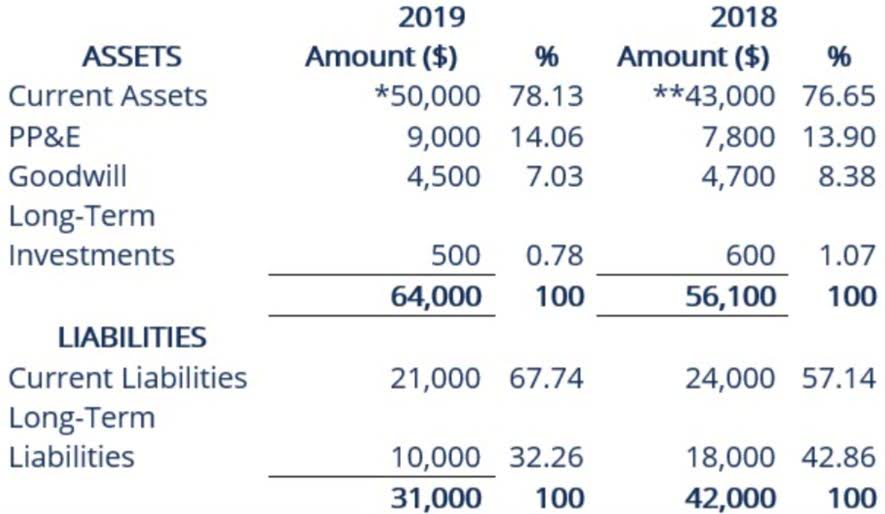
In his role, Mike is responsible for providing tax planning, compliance and optimization services designed to ensure clients meet reporting deadlines while reducing their overall tax liabilities. He provides guidance on accounting best practices on complex accounting issues that many oil and gas companies face including revenue from operations, sale or the sub-lease of property. Mike also helps direct commercial and residential real estate companies with tax transaction structuring and 1031 exchanges.

Industry Professionals
These obligations arise from the legal and regulatory requirements to dismantle and remove infrastructure, such as wells, pipelines, and production facilities, once they are no longer in use. The process involves not only the physical removal of assets but also the restoration of the site to its original condition, which can be both time-consuming and costly. Another important aspect is the treatment of variable consideration, which is common in oil and gas contracts. Variable consideration can include price adjustments based on market conditions, volume discounts, or performance bonuses. Companies must estimate the amount adjusting entries of variable consideration they expect to receive and include it in the transaction price. This estimation process involves significant judgment and can impact the timing and amount of revenue recognized.

We know the volatility you face in the oil and gas industry
Harrison is very involved with the University of Tulsa, where he earned a degree in MIS and Accounting. Financial statements are prepared under the assumption that the entity will continue to operate for the foreseeable future. The financial activities of a business entity are separate from those of its owners. This principle emphasizes the need to keep personal and business transactions separate.
Services
- In the United States, Deloitte refers to one or more of the US member firms of DTTL, their related entities that operate using the “Deloitte” name in the United States and their respective affiliates.
- These statements provide a detailed breakdown of costs incurred and revenues generated, which are then allocated to each partner based on their ownership percentage.
- By understanding the different steps in exploring, developing, and producing oil and gas properties, you’ll be better positioned to handle the complex accounting requirements of this sector.
- It ensures that financial information is accurate, transparent, and aligned with industry standards, contributing to the overall integrity and sustainability of the oil and gas sector.
- The Financial Accounting Standards Board (FASB) develops and maintains U.S.
- He served as a Controller for a real estate developer, mortgage company and Assistant Vice President for a regional bank.
- Each of these has its own unique set of departments that handle the various entries and procedures to ensure costs and revenue are accounted for properly.
Given the volatility of oil and gas prices, companies in this industry often engage in hedging activities to manage their exposure to price fluctuations. Accounting for hedging transactions is an integral part of oil and gas accounting. As oil and gas reserves are extracted, companies need to allocate the costs of acquiring and developing these reserves over time. DD&A is the accounting method used to spread these costs over the life of the reserves.

These topics are crucial for understanding the unique accounting issues in the oil and gas industry. With advanced technology and an ever-changing regulatory environment, the oil and gas industry is rapidly evolving. That means price fluctuations, enhanced production demands, and a more-than-ever challenging accounting and tax scenario for energy industry companies. To stay competitive, businesses must adapt while safely maintaining operations within all regulatory guidelines. That means there is less time to focus on the books and to keep abreast of the latest tax laws and changes. Production costs, also known as lifting costs, are the expenses related to extracting oil and gas from the ground and bringing it to the surface.
- It is VERY important that you understand the process — because the last thing anyone wants is the Department of Treasury coming after them!
- When you work with Smith Carney, you can take comfort in knowing you will get our personal attention.
- This estimation process involves significant judgment and can impact the timing and amount of revenue recognized.
- DTTL (also referred to as “Deloitte Global”) does not provide services to clients.
Trending Insights & Resources

The oil and gas industry presents distinctive challenges, including volatility in commodity prices, regulatory changes, and complex production processes. Oil and gas accountants must navigate these challenges oil and gas accounting while ensuring accuracy and compliance. Many oil and gas projects involve joint ventures where multiple companies collaborate. Joint venture accounting is crucial to accurately reflect each participant’s share of costs, revenues, and other financial aspects.
Oil and Gas Accounting – What is It?
By meticulously Bookstime analyzing operating expenses and production costs, oil and gas accountants identify areas for cost optimization, aiding companies in improving efficiency and maintaining competitiveness. Given the complexities of the oil and gas industry, accountants benefit from specialized training and education in energy accounting. Professional certifications such as Certified Oil and Gas Accountant (COGA) provide industry-specific knowledge and credentials.
